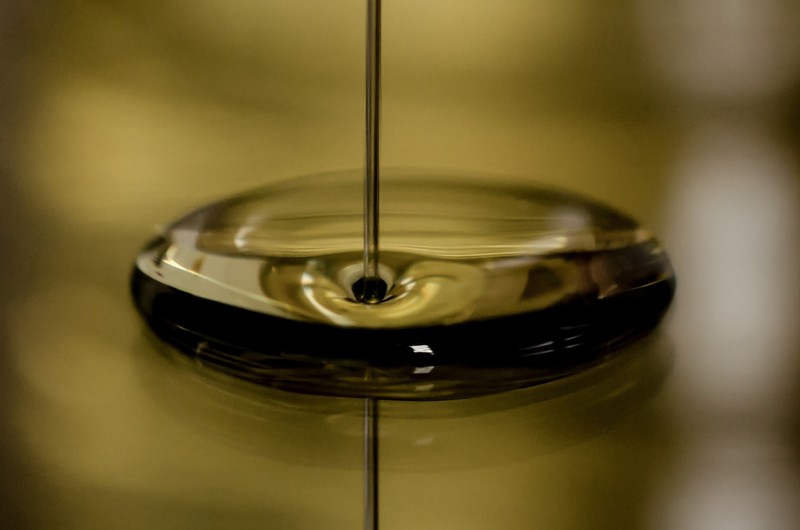The global drive for low sulphur fuel for the maritime industry will increase the likelihood of chronic engine failure due to catalytic fines, delegates at the IUMI Annual Conference were told.
Captain John David said the introduction of low sulphur emissions in ever expanding areas of the world’s oceans, and the move to reduce the level of sulphur in bunker fuels from 1% to 0.01% would have the effect of increasing the levels of cat fines found in the fuel leading to a rise in the failure of engines due to cat fine damage.
"It is a fundamental trade off between the engine and the environment," he said. "You cannot have low sulphur and low cat fines."
Cpt. David added that the current rules which see vessel owners having just seven days between the delivery of the fuel and the ability to raise an objection over its standard meant that many were unable to refuse bunker fuels because of high cat fines or poor quality.
However he pointed out that vessels should be equipped with filter systems which will keep cat fine levels to below 15 parts per million which is the recommended level for engine safety.
"Therefore the question has to be asked 'what is the problem?'," he told delegates. "The problem as we all know is with the crew’s competency."
He warned the inevitable result of the lower emissions target will be a rise in the damage caused by cat fines which can destroy engine cylinders and in extreme cases could leave vessels without power and drifting in busy sea lanes.

